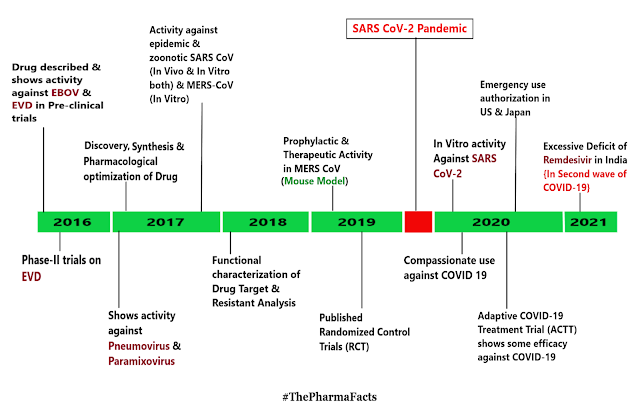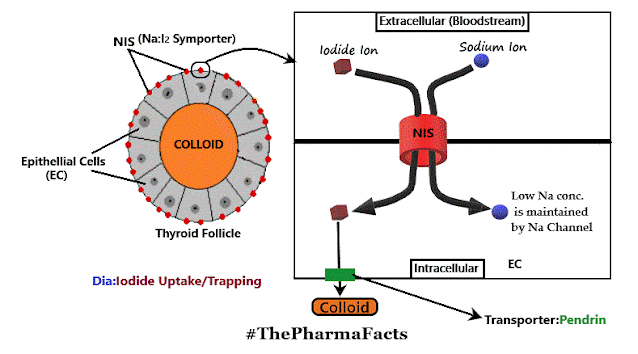"Apoptosis (Phase II)"
We deal with general ideas about Apoptosis in earlier blog (Apoptosis Phase 1). Now in this blog we are going to deal with two important points which are:
1. Apoptosis Pathways
2. Apoptosis Assays(only name)
1. Apoptosis Pathways
A] Extrinsic pathway (death receptor-mediated events)
i. Death receptors and their Ligands :
-death receptors are members of TNF (tumor necrosis factor) receptor super family.
-they have cytoplasmic domain of 80 amino acid which is called Cellular Death Domain (CDD).
-CDD plays vital role in death signal transmission from cell surface to intracellular signalling.
ii. Adaptor Proteins :
-they have critical role in pro-apoptotic signaling (i.e. apoptosis causing events)
-adaptor proteins which mediate Pro-apoptotic signaling are:
a) FADD (Fas-Associated Death Domain)
b) TADD (TNF-receptor Associated Death Domain)
iii. Caspases (Cysteinyl Aspartate Specific Proteases) :
-family of intracellular cysteine proteases
-important role in initiation and execution of Apoptosis
-14 different types of Caspases are identified till date
-all are synthesized as inactive proenzyme (Zymogen) having 32-56 kilodalton mass
-10 major Caspases are:
a. Signalling/Initiator Caspases (C2,C8,C9,C10)
b. Effector/executioner Caspases (C3,C6,C7)
c. Inflammatory Caspases (C1,C4,C5)
-Central role in cascade (signalling) of apoptosis event plays by C-3 (CPP-32)
B] Intrinsic Pathway (Mitochondria Mediated events)
i. Bcl2 Family Proteins :
-B-cell lymphoma 2
-Function: release of cytochrome-c from mitochondria by altering mitochondrial membrane permeability.
ii. Cytochrome-c (Cyt-c) :
-abundant protein of mitochondrial inner membrane
-act as an electron transport intermediate
-alteration in permeability of mitochondrial membrane by Bcl2 leads to Cyt-c release
-Cyt-c does interaction and activation of Apaf (Apoptotic Protease Activating Factor) and Procaspase-9 to form "Apoptosome" (which causes Apoptosis).
2. Apoptosis Assays :
1) Cytochromatogical alteration
2) DNA fragmentation
3) Detection of caspase, cleaved substract regulators and inhibitors
4) Membrane filtration
5) Detection of apoptosis by stain
6) Mitochondrial assays








Comments
Post a Comment
If you have any query or If you like the post,Please let me know.